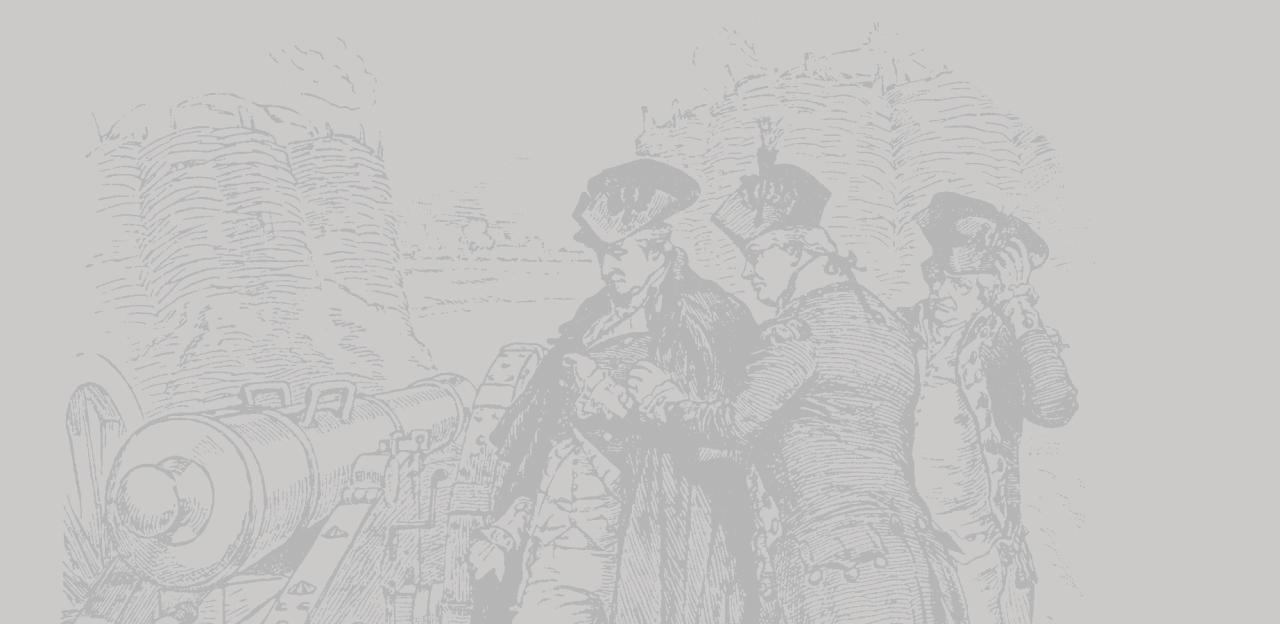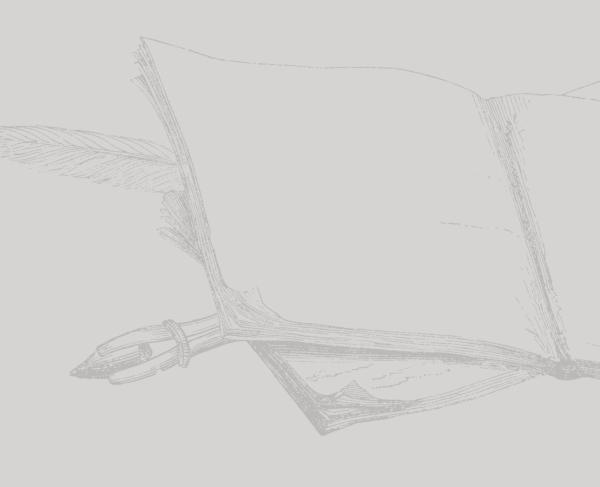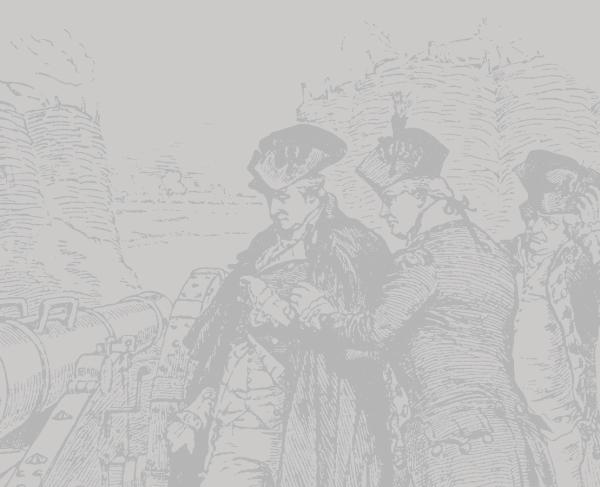Button Gwinnett: "So Attached to the Liberty of this State & Continent"

Button Gwinnett's death is mentioned and lamented in this letter from Lyman Hall to Roger Sherman, both also signers of the Declaration of Independence. The general who dueled with Gwinnett was General Lachlan McIntosh, and the two men had a previously-started feud that lead to this duel. In this transcription, words in [brackets] are editorial notes; the (parentheses) are original in the letter; the capitalization and the grammar are original.
June 1 [1777]
The Above I had wrote, & for want of Oport [opportunity] to send, lay by me till now, I Resume my pen, to Confirm what you have no Doubt heard, that our worthy Friend Gwinnett has unfortunately Fell—the Contention between him & the Gen [General ????] run high, principally respect the Expedition against E [east] Florida, which brot [brought] on an Enquiry in the House of Assembly, into the Conduct of Mr Gwinnett, who as president & Commander in Chief, had made the preparations & meant with the Malitia [militia] & aid of Continent Troops, to have Carried into execution, as principal Leader & Commander, he proceeded as far as Sunbury from this abt [about] 40 miles, with a Small Fleet, from thence sent for the Malitia & Contin [Continental] Troops to join him—few of the Malitia Turned out, Except those of the parish of St John & when the Gen with the Contin Troops Arrived, Mr Gwinnett summoned a Council of War but the Gen it seems would not hold a Council of War with him, he Repeated his summonses, but to no purpose, on which Mr Gwinnett's Council the Field Officers of the Gen, Advised Both to Return to this place & Leave the Command of the Expedition to the Next Officer, this Matter was Laid before the Assembly, where both Appeared & were heard, on which the Assembly Resolved, "that they approved of the Conduct of Mr Gwinnett & his Council so far as those Matters had been laid before them." — here it was in Assembly that the Gen calld [called] him (as tis said) Scoundrell & lying Rascal—I confess I did not hear the Words, not being so nigh the parties[.] however it seems Agreed that it was so—a dual [duel] was the Consequence, in wh [which] they were placed at 10 or 12 foot Distance, Discharged their pistols nearly at the same Time—Each Wounded in the Thigh, Mr Gwinnetts thigh broked so that he fell—on wh (tis said) the Gen Asked him if he Chose to Take another Shot—was Answered, Yes, if they wd [would] help him up,—(or words nearly the same)—the Seconds Interposed—Mr Gwinnett was bro't [brought] in, the Weather Extrem [extremely] Hot—a Mortification came on—he languished from that Morning (Friday) till Monday Morning following & Expired.—O Liberty! why do you suffer so many of your faithfull sons, your Warmest Votaries to fall at your Shrine! Alas my Friend! my Friend! . . .
Excuse me, Dr [dear] Sir, the Man was Valuable, so attached to the Liberty of this State & Continent, that his whole Attention[,] Influence & Interest, centered in it, & Seem'd [seemed] Riveted to it he left a Mournfull Widow & Daughr [daughter] & I may say, the Friends of Liberty on the whole Continent to Deplore his Fall. at this Time of Writing the Expedition is at a Stand & am afriad will not Succeed, the Light Horse that, marched on by Land, have met with a Repulse, & some Loss, but are about to Return to the Charge Reinforced. I most heartily Wish You success Your Way & pray God to put a Speedy End to the Calamities of War, & Establish peace & Liberty on a foundation never to be Shaken more—
I am Dr [dear] Sir Your most Obed [obedient] & Hum [humble] Servt. [servant]
Lyman Hall.
Source:
Button Gwinnett, Signer of the Declaration of Independence by Charles Francis Jenkins (Spartansburg: Reprint Co., 1974), Page 228-230.

